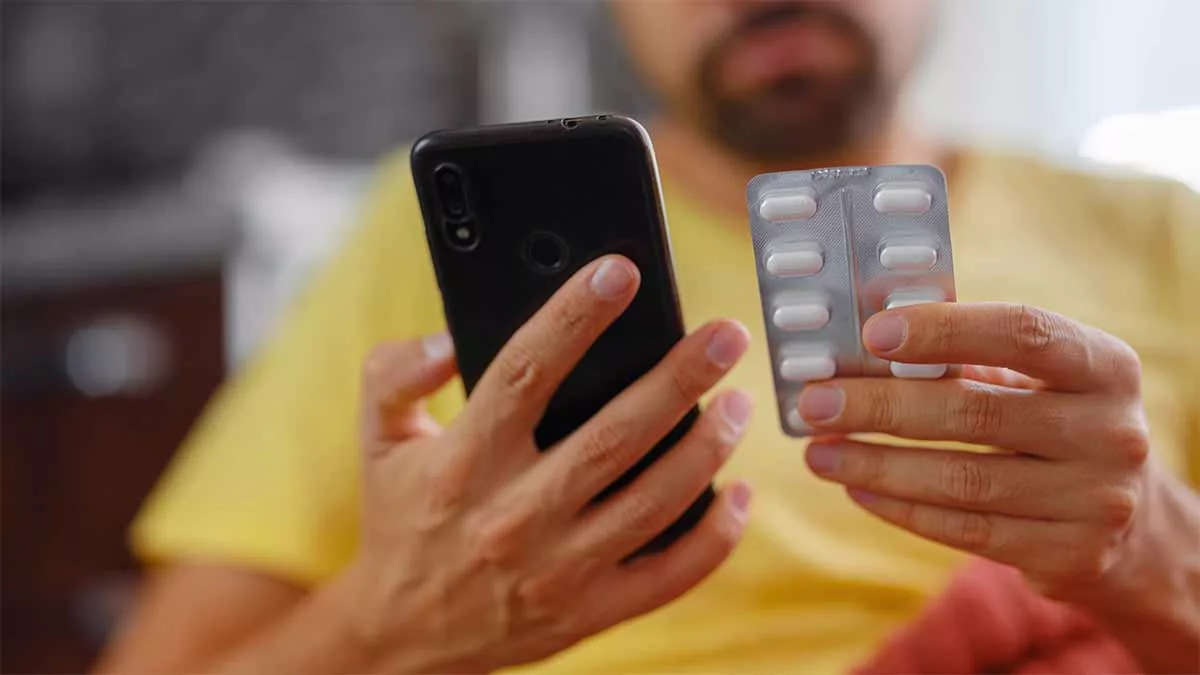
Nearly half of Britons admit to having self-diagnosed their health, including using online resources, at least once in the past year, a study has argued.
The poll of 4,000 people for AXA Health found 48% had used online health information at least once in the last year to self-diagnose, with nearly a fifth (18%) of 16-24-year-olds doing this at least four times in the last 12 months.
Nearly a third (30%) of respondents, particularly younger individuals, turned to social media platforms such as TikTok and Instagram, raising concerns about the accuracy of the information they encounter.
More than three-quarters (78%) of the UK public believe there should be more regulation of health information available online, the poll also concluded.
Difficulties in securing an NHS appointment in a timely manner (36%) and concerns about long waiting lists (22%) were the two key factors driving this trend to use ‘Dr Google’.
People were most commonly self-diagnosing minor ailments such as hay fever, sunburn and common colds (42%).
But nearly a third (32%) had self-diagnosed a mental health condition, including depression, anxiety, obsessive compulsive disorder (OCD) and eating disorders.
The rates of mental-health self-diagnosis were most acute among young people. More than half (52%) of those aged 16-24 who had self-diagnosed did so for a mental health condition.
Nearly half (49%) of those polled said they would support verified accounts for medical professionals on social media and a further 44% wanted stricter guidelines on health content.
The NHS’s website remained the most trusted source for online health information, with 55% of respondents using it for self-diagnosis.
A total of 44% of men and 34% of women took between three and five days off work because of health concerns they self-diagnosed.
Heather Smith, chief executive of AXA Health, said: “As digital tools in healthcare become increasingly integral – and for the most part, helpful – it’s crucial to ensure that the information people rely on is accurate and safe.
“Our report highlights the need for stronger regulation and safeguarding measures to protect the public from the risks of health misinformation, especially when it comes to self-diagnosis. The future of healthcare is evolving, and digital options are becoming an important part of this, but there needs to be a strategy in place to ensure we get the best out of digital tools and protect the public.”
Sign up to our weekly round-up of HR news and guidance
Receive the Personnel Today Direct e-newsletter every Wednesday



